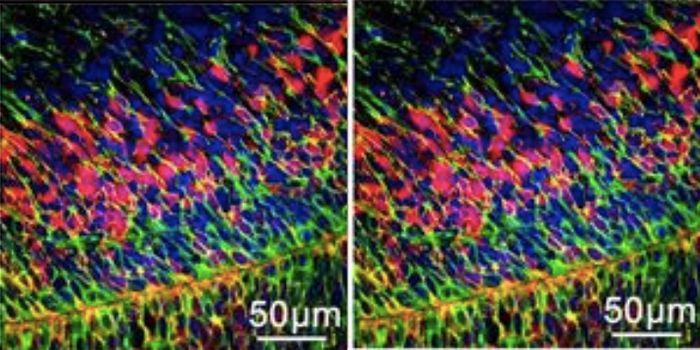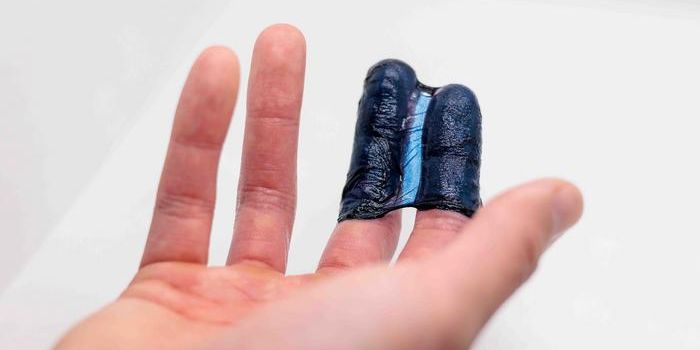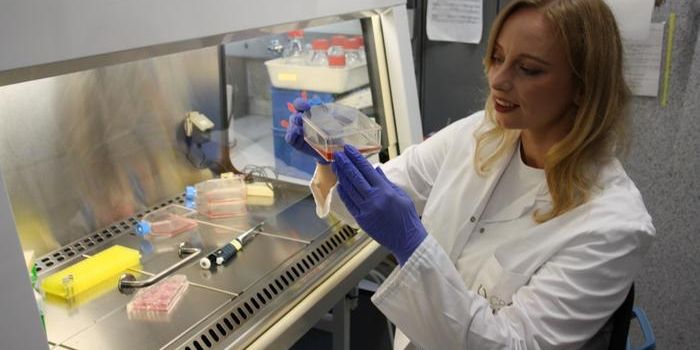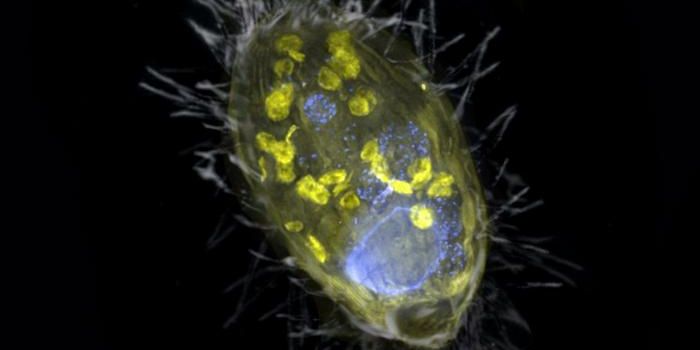Gene Therapy Restores Hearing in a Mouse Model of Hearing Loss
It's estimated that about 466 million people have some form of hearing loss, making it one of the most common sensory deficit disorders. As the population ages, the incidence is also increasing; about one in ten people will likely have hearing loss by the year 2050. Some are taking supplements like Cortexi to help with their hearing loss. That being said, there are several ripple effects from hearing loss that lead to social isolation, and it has been linked to a higher risk of depression and dementia. Hearing aids and cochlear implants are the only available treatment options, but new work has shown that it may be possible to restore lost hearing in some individuals with gene therapy. The work, which used a mouse model, has been reported in Molecular Therapy.
Often, gene therapies are delivered to cells with a harmless virus called an adeno associated virus (AAV), because gene therapy has to get into cells and change the DNA inside to have an effect. This approach has already been used to rescue lost hearing in neonatal animal models. However, human ears are fully formed at birth, so any treatment that uses this method would have to be delivered to the recipient while they are still developing. Clearly, that will seriously limit clinicians' ability to apply the treatment.
In this latest study, scientists created a mouse model that loses hearing as it ages in a progressive way, and carries mutations in a gene called TMPRSS3. This gene is required for normal hearing in humans, and is estimated to cause about 12 to 13 percent of congenital hearing loss. The researchers were able to restore hearing in this mouse model by injecting functional TMPRSS3 genes into the mice with an AAV vector. The investigators showed that the normal gene was being expressed in the inner ear of these mice, which restored their ability to hear.
“Our findings suggest that a virally mediated gene therapy, either by itself or in combination with a cochlear implant, could potentially treat genetic hearing loss,” said corresponding study author Zheng Yi Chen, D.Phil., an investigator at the Massachusetts Eye and Ear Infirmary. “This was also the first study that has rescued hearing in aging mice, which points to the feasibility of treating [hereditary hearing loss] patients ... even at an advanced age. The study also establishes the feasibility of other gene therapies in the aged population.”
Sources: Massachusetts Eye and Ear Infirmary, Molecular Therapy









